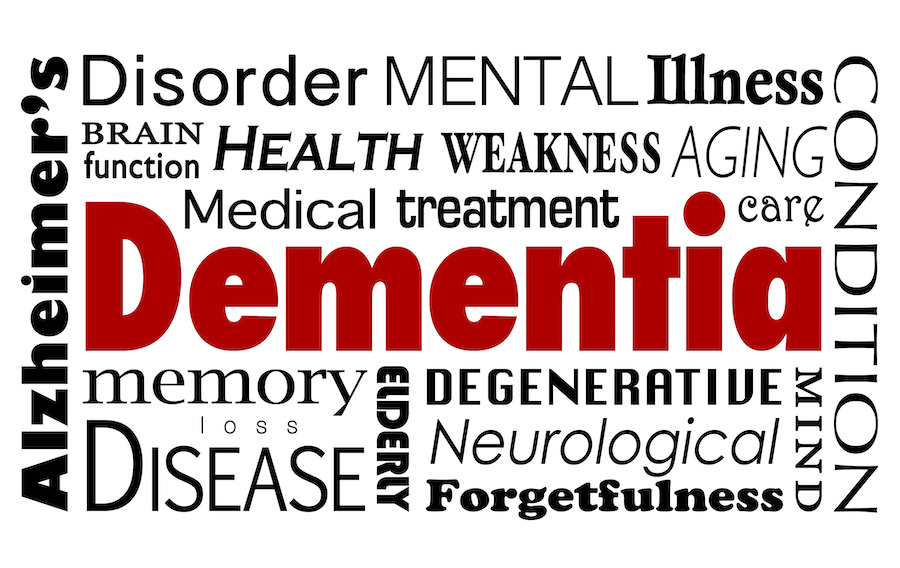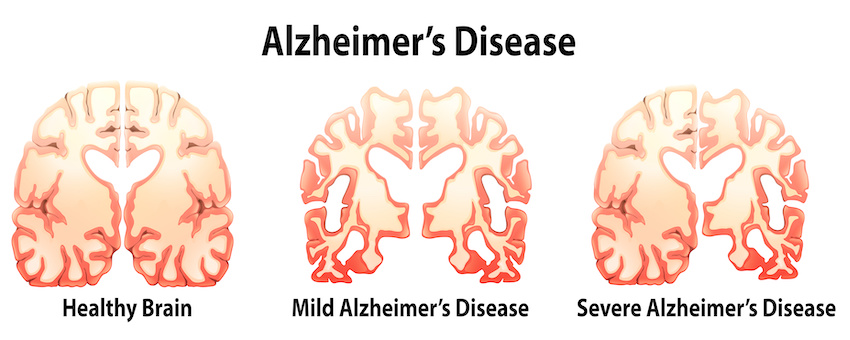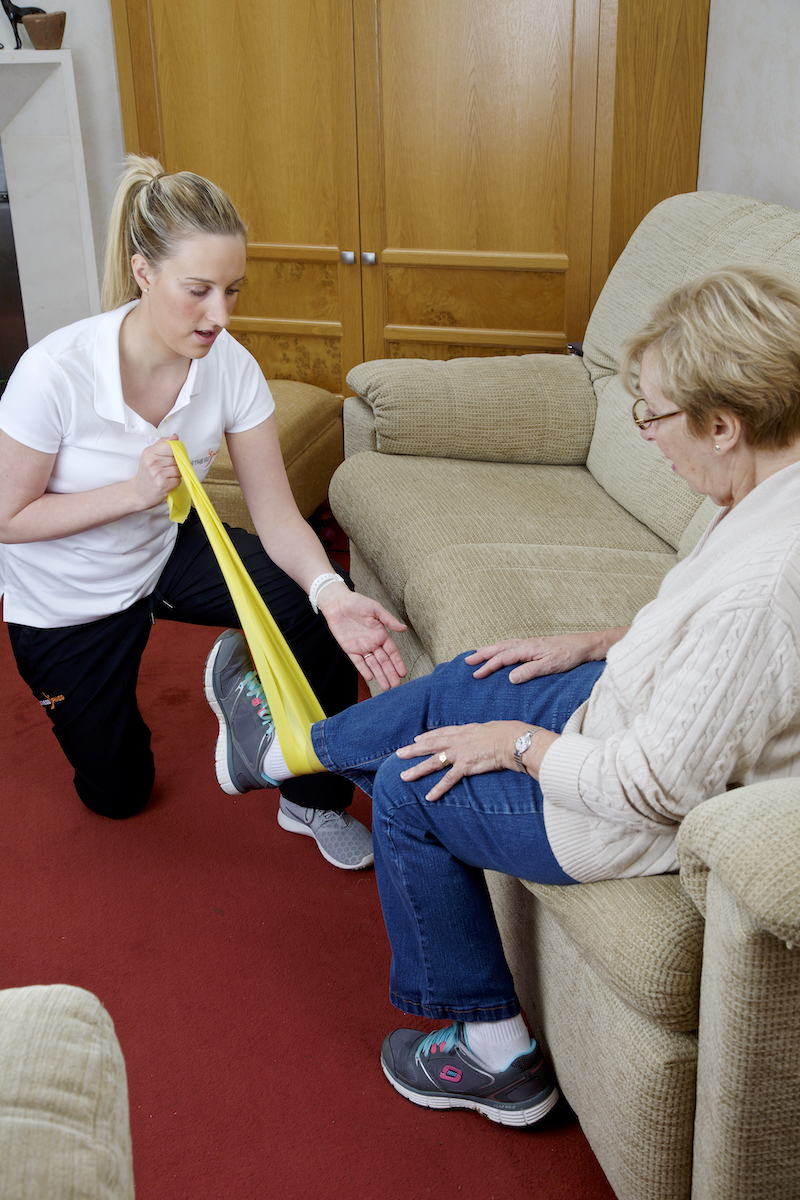“I know The Difference Between Dementia and Alzheimer’s”
September 21st marked World Alzheimer’s Day. Only very recently, someone asked me if Vascular Dementia was to do with the heart while Alzheimer’s to do with the brain “I know the difference!” they said oh so confidently…”Vascular Dementia is to do with the heart isn’t it”? It prompted me to ask myself the question “is this a common wild belief”? As healthcare professionals, it is up to us to educate and dispel any myths. So, what exactly is the difference between Dementia and Alzheimer’s?
Alzheimer’s is just one form of Dementia. In the UK, approximately 850,000 people live with various forms of dementia. Other forms include Lewy Body Dementia, Vascular Dementia and Frontotemporal Dementia. I am not going to go in to the difference between each type (come and ask if you want to know) but in essence, Dementia encompasses a range of symptoms including difficulties remembering, thinking or speaking which all worsen over time.
Although more common among the elderly, it does not mean that being elderly means one will get Dementia. Whilst it is impossible to alter our age and our genes, our lifestyle choices can have an impact on our mental and physical health. Engaging in regular physical activity, eating a well-balance diet, not smoking or drinking can reduce the risks of developing Dementia.
What role does physiotherapy have in rehabilitating people with Dementia?
The NICE guidelines recommend physiotherapy to promote and maintain independence for those with Dementia. When the disease progresses, mobility worsens as the ‘how to’ memory centre in the brain works less and less effectively. When this happens, those with Dementia are more likely to fall as, over a long period of time, they have forgotten how to walk.
14% of all hospital admissions for falls are among people with dementia (CSP, 2018). Falls can commonly result in hip fractures and approximately 1 in 5 hip fracture patients enter long-term care in the first year after fracture. Sound alarming?!
Physiotherapy improves quality of life for those with dementia and reduces the burden of care. By promoting physical activity, physiotherapy aims to keep the pathways between the brain and muscles firing so that the message is sent to the muscles to move and for the muscles to tell the brain that it is moving, all to aid memory and keep that person as safe and as mobile as possible in the long term. Overall, physiotherapy is an accessible and a clinically effective intervention (CSP, 2018).
So, what’s the difference between Dementia and Alzheimer’s? Now you know…






